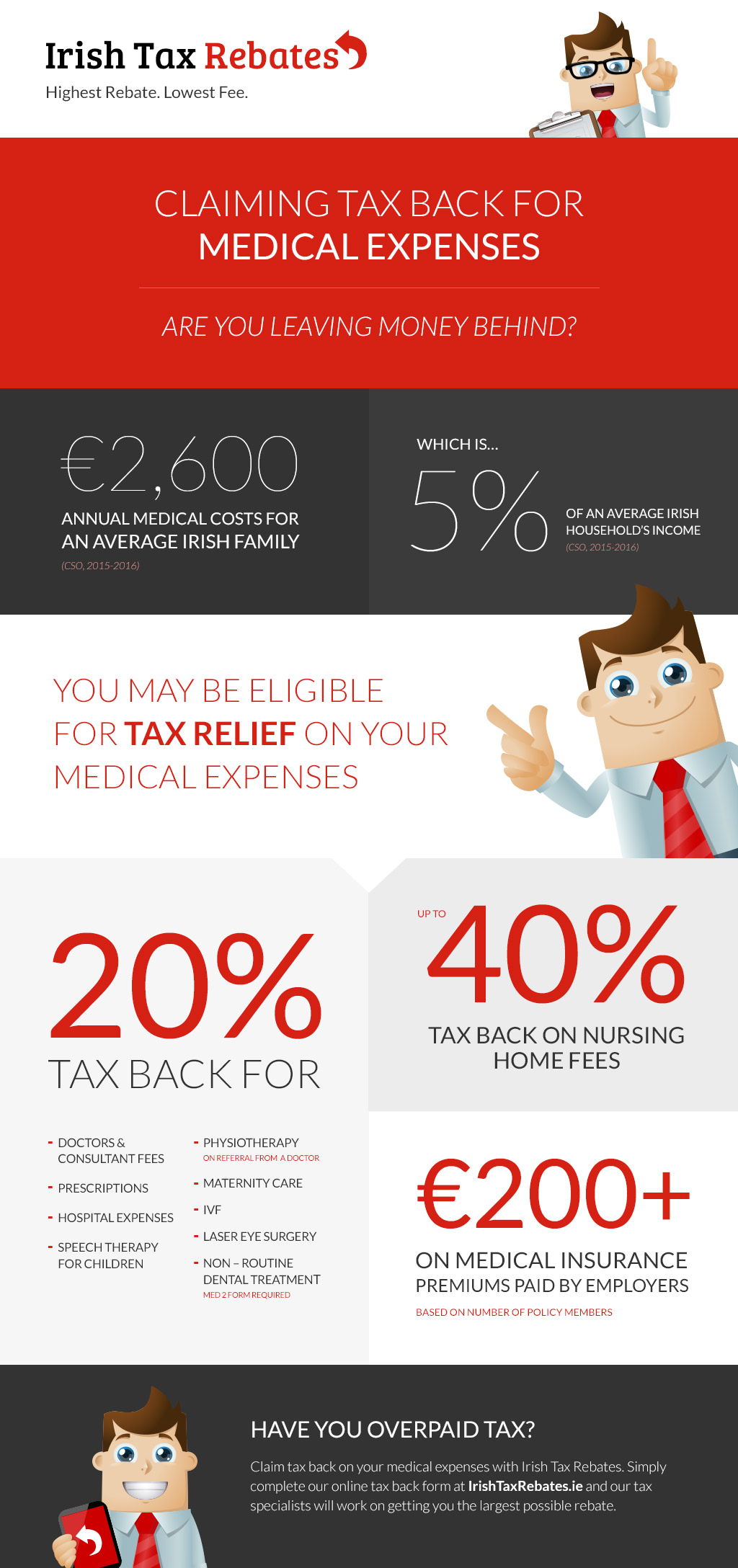The Complete Frequently Asked Question On Refractive Lens Exchange: Vital Information You Need To Know
The Complete Frequently Asked Question On Refractive Lens Exchange: Vital Information You Need To Know
Blog Article
Post Writer-Blanton Blackwell
If you're taking into consideration refractive lens exchange, you most likely have a lot of questions. This procedure might change exactly how you see the world, offering advantages like minimized dependancy on glasses. Nevertheless, it's necessary to understand the process, dangers, and that certifies as an excellent candidate. Let's check out these crucial elements so you can make an educated choice about whether RLE is right for you.
What Is Refractive Lens Exchange and Just How Does It Work?
Refractive lens exchange (RLE) is an operation designed to replace your eye's all-natural lens with a synthetic one, remedying vision concerns like nearsightedness, farsightedness, or presbyopia.
Throughout the treatment, your cosmetic surgeon makes a little incision in the eye, removes your all-natural lens, and inserts an intraocular lens (IOL) customized to your vision needs. This outpatient surgical treatment generally takes about 15 to half an hour per eye and is done under regional anesthetic.
You'll likely observe enhancements in your vision almost promptly, though full healing might take a couple of weeks. RLE is particularly helpful for those over 40 or with high prescriptions, offering a lasting service compared to glasses or contact lenses.
Your eye treatment professional can help determine if RLE is right for you.
What Are the Advantages and Threats of Refractive Lens Exchange?
Picking refractive lens exchange can cause significant enhancements in your vision, yet it is essential to weigh both the benefits and risks before deciding.
On the bonus side, this procedure can improve your eyesight by dealing with problems like presbyopia, nearsightedness, and hyperopia. https://www.the-star.co.ke/news/big-read/2018-12-12-liberated-from-a-life-of-glasses-how-laser-surgery-changes-lives/ in minimized dependancy on glasses or get in touch with lenses, which can considerably enhance their lifestyle.
Nevertheless, it's crucial to think about possible dangers. Complications can include infection, glare, or halos around lights.
There's additionally a possibility of overcorrection or undercorrection, which might need extra treatments.
That Is an Ideal Candidate for Refractive Lens Exchange?
If you're thinking about refractive lens exchange, it is very important to know whether you fit the account of a suitable prospect. Generally, you might be an excellent candidate if you're over 40, experience presbyopia, or have high degrees of nearsightedness or farsightedness.
It's additionally important that your vision is secure, suggesting your prescription hasn't altered significantly in the past year. If you have cataracts or various other eye problems, you could benefit from this treatment as well.
Nevertheless, particular aspects, like uncontrolled diabetic issues or autoimmune conditions, might disqualify you. To establish your candidacy, seek advice from an eye treatment expert who can assess your certain scenario and advise the most effective course of action tailored to your demands.
Conclusion
Finally, refractive lens exchange can be a transformative alternative for boosting your vision, specifically if you more than 40 or have a high prescription. While just click the following post are substantial, it's essential to weigh the threats and speak with your eye care professional to determine if you're an optimal prospect. With the ideal info and support, you can make an informed decision and possibly appreciate a life with decreased dependence on glasses.
